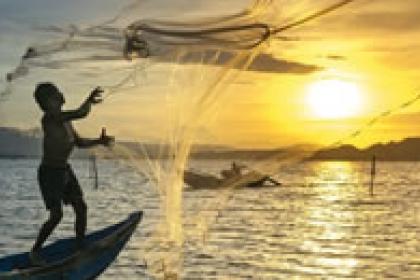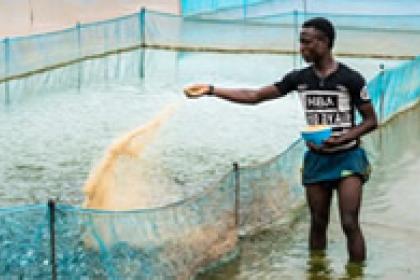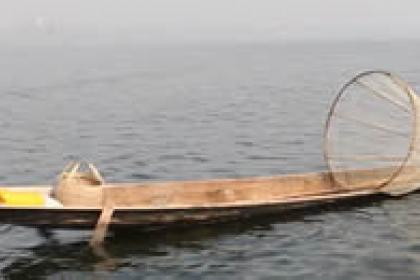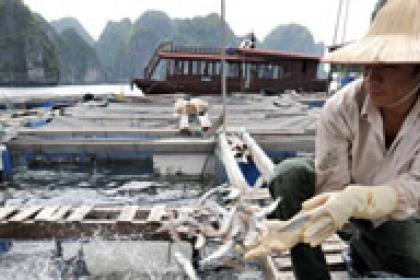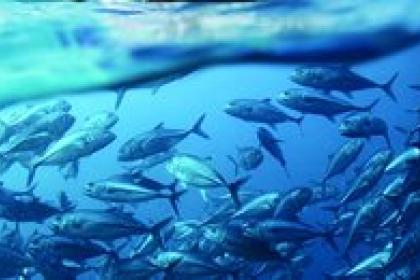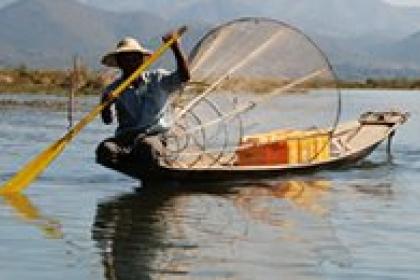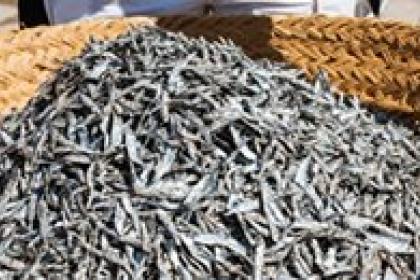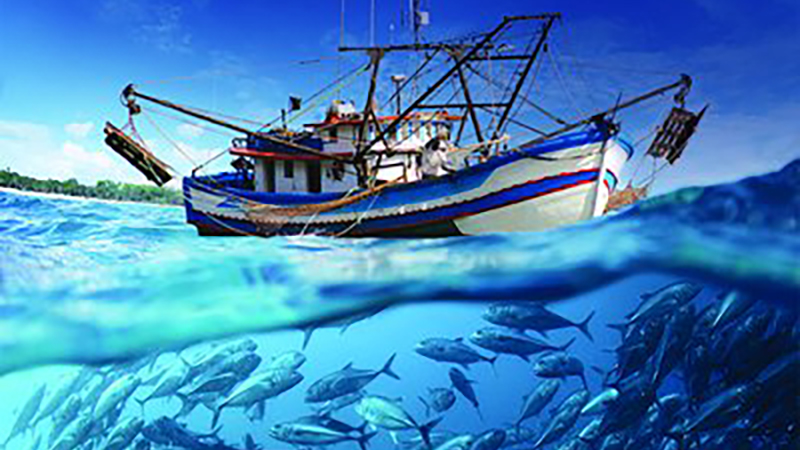Fisheries constitute a sector that holds considerable potential for the diversification and development of emerging economies across the developing world. Fish and fishery products are among the most important dynamic commodity products for the least developed countries (LDCs)
Despite its importance, the sector is often underdeveloped and the bulk of fish exports frequently consist of just a few products to a limited number of importing markets. Compliance with international public and private standards is perhaps the most significant barrier to export for least developed economies.
While UNCTAD's project address many constraints on tapping the potential of the fisheries sector in LDCs — both on the supply and demand side — it focuses most heavily on developing the capacities of these countries to meet international standards.
Objective:
-
To strengthen the capacity of private and public stakeholders in selected least developed countries to upgrade and diversify their fish exports, including by improving sanitary and phytosanitary standards
Expected accomplishments:
-
Increased expertise and technical knowledge of Governments to formulate and implement export development and diversification strategies to tap fishery potential existing in selected least developed countries
-
Improved capacity of Governments and the private sector in selected least developed countries to upgrade standards and comply with international food safety and related sanitary and phytosanitary standards
Participant at the first regional training course on harnessing the potential of the fisheries sector
(29 October - 09 November 2018)

